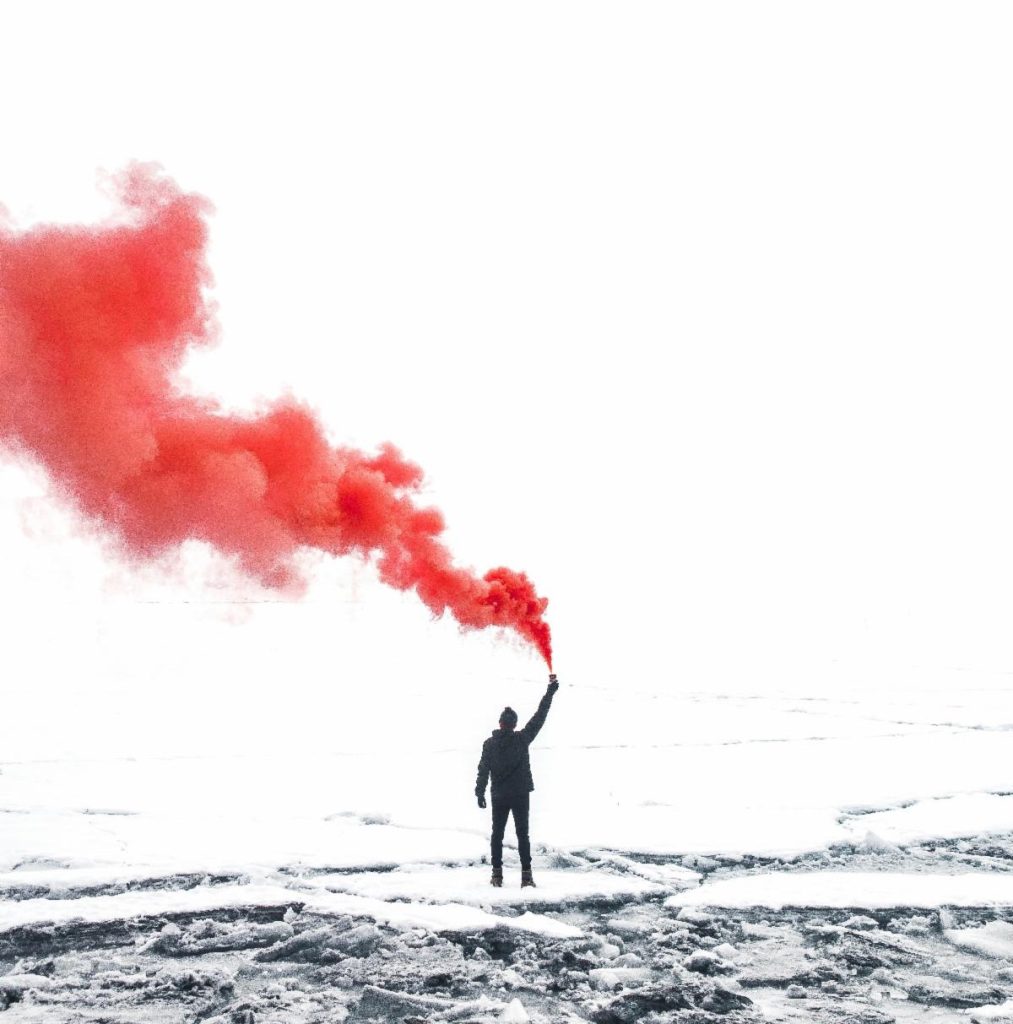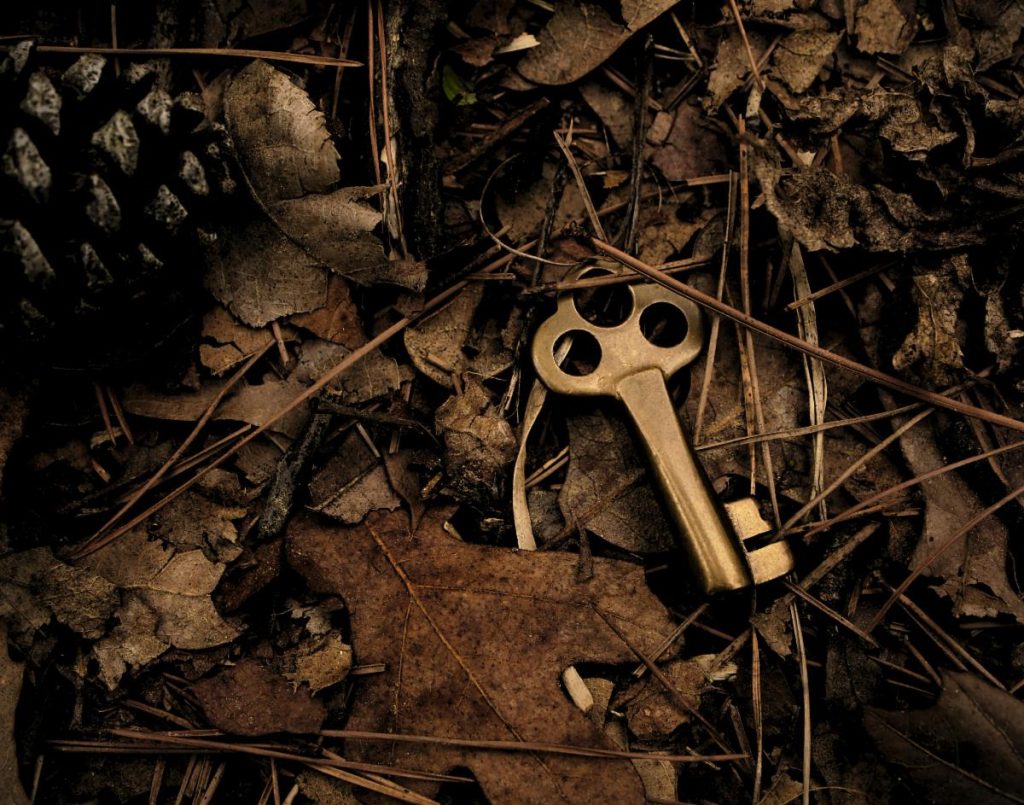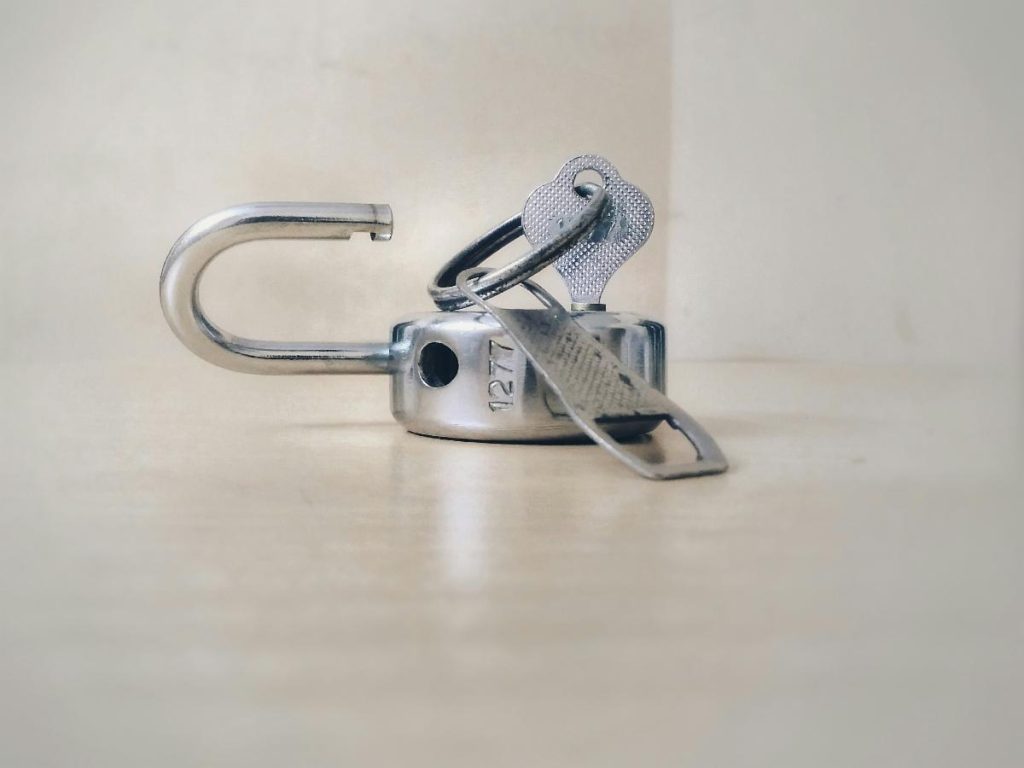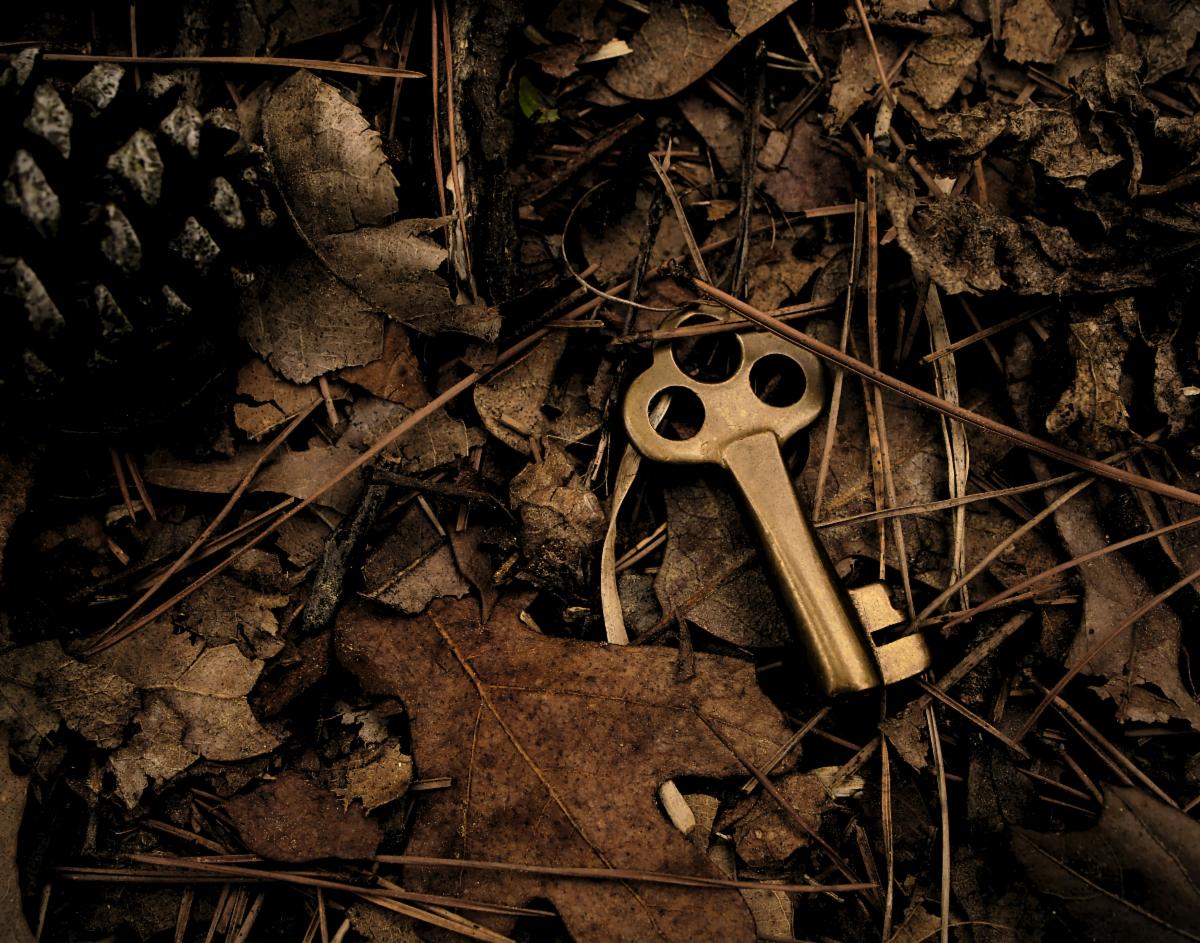I was not expecting such a dramatic turn of events.
In fact, I’d been told I didn’t even really need to show up; I just needed to be reachable by phone.
Yet what had been explained to me as a mostly procedural moment was suddenly one where I had to make major life decisions.
The stakes were not only raised, they went through the roof.

Like 84% of New Yorkers, I’m involved in some legal mishigas with my landlord.
(I just fabricated that statistic but nonetheless it definitely feels true.)
I’d had a reassuring, even buoyant, conversation with the senior partner at the law firm I retained a few weeks ago about the matter at hand.
I’ll spare you the excruciating details, but essentially more paperwork was being filed in a long process that mostly works in my favor.
When I spoke to the associate that day at the courthouse, however, it was as though there’d been a sea change, and a highly unsettling one at that.
Suddenly, I was being asked to make major decisions, ones with huge financial costs and disruptive consequences.
Between calls, although panic threatened to arise, surprisingly, perhaps near-miraculously, I managed to sustain a state of reasonable calm.
One train of thought in particular proved particularly helpful:
Remembering, from a documentary HERE I’d watched probably two decades ago, the third verse of the hymn Amazing Grace.

As I explore this month’s theme of Beyond Hope (meditation HERE), I remembered one scene from the documentary in particular.
Opera legend Jessye Norman(above) is being interviewed about her relationship with Amazing Grace, a song she often sang as a recital encore a cappella.
First, it’s impossible to overstate how amazing and impressive Jessye Norman is.
Her Olympian talent is almost matched by her being spectacularly beautiful in a regal, Amazonian way.
Everything about her is somehow both enormously elegant and magnificent, larger than life but deeply approachable.
It’s as though she’s from a better, finer, more impressive planet, one to which I want to immediately transfer.
Anyway, Bill Moyers, the PBS legend and the documentary’s narrator, asks her if she has a favorite verse.
Jessye does, and I’m delighted to say it’s mine as well:
“Through many dangers, toils and snares,
I have already come;
‘Tis grace hath brought me safe thus far,
And grace will lead me home.”

Jessye goes on to explain why that verse in particular resonates for her:
“It has such hope at the end.
I’ve gotten this far because of Grace, and Grace will take me the rest of the way, however long or through whatever danger, whatever complexities I’ll have to get through.
The same thing that’s has brought me this far is going to carry me the rest of the way.
I like that.”
Moyers, perhaps a little awed by her stardom, is surprised, commenting that he considers her life “blessed.”
Jessye responds, “I’m afraid those things are in every life…Not every moment is one of light and energy and happiness.”
And then she sings that verse for us…sigh.
(Again, the film is HERE.)

The heart of the documentary is that this most beloved hymn, one that many credit with transforming their lives, has surprising, even complicated origins.
The source of the melody is unknown, but the verses were written by John Newton in 1772.
Newton is a fascinating character, a self-described infidel and libertine utterly committed to a life of vice and wickedness until he experienced a spiritual epiphany.
Although he had an astonishing number of near death experiences––being thrown from a horse and almost being impaled on a sharp row of stakes; arriving late to board a warship and from the shore, watching it overturn, with all the crew being drowned; + others I won’t recount here––one transformed him.
As captain of a slave-trading ship, in the middle of a violent storm, feeling utterly helpless, for the first time in his life he felt as though he had been directly spared by the hand of God.
A changed man, he began to reform his ways, no longer mocking the spiritual beliefs he had once ridiculed.
To his great surprise, he was THE self-described wretch that was saved.

Ruth Franklin in The New Yorker, shares how the great poet Mary Oliver reflects on the diagnosis of lung cancer she received in 2012.
“Do you need a prod? / Do you need a little darkness to get you going?” the poem asks. “Let me be as urgent as a knife, then.”
Perhaps, like Amazing Grace’s “Dangers, Toils, and Snares,” this “little darkness” is a requisite for the inner journey.
As Franklin writes, like Rumi, Mary Oliver combines the concrete with the spiritual, reminding us that above all else we must “Pay attention, this is our endless and proper work.”
She does that particularly well in a poem that’s been coming into my orbit a lot lately, The Kitten.
Allow me to share it:
The Kitten
More amazed than anything
I took the perfectly black
stillborn kitten
with the one large eye
in the center of its small forehead
from the house cat’s bed
and buried it in a field
behind the house.
I suppose I could have given it
to a museum,
I could have called the local
newspaper.
But instead I took it out into the field
and opened the earth
and put it back
saying, it was real,
saying, life is infinitely inventive,
saying, what other amazements
lie in the dark seed of the earth, yes,
I think I did right to go out alone
and give it back peacefully, and cover the place
with the reckless blossoms of weeds.

One of the great aspects of the Bill Moyers Amazing Grace documentary is the diversity of interview subjects.
They include Judy Collins, the folk superstar, whose album Amazing Grace reached #3 on the billboard charts in 1970; country legend Johnny Cash; the Harlem Boys Choir; and even smaller gospel church groups and simple family reunions across the country.
One of the most notable inclusions is a group of incarcerated men who sing the hymn with their prison choir.
Although I see why their sincerity might seem easy to doubt, it becomes abundantly clear that the feeling of connection they get from the song is real and vital.
Although I’m a big fan and even recently wrote about Robert Frost’s line “The only way out is through,” one man––serving a life sentence for murder––proclaims Amazing Grace reminds him:
“The only way out is up.”

Newton’s transformation as a slave trader was gradual but eventually entire.
He began by significantly improving the treatment of slaves on his ships, but later joined the fight for abolition wholeheartedly, writing and publishing essays that spoke powerfully from his own experience.
In one of them he wrote:
“I hope it will always be a subject of humiliating reflection to me . . . that I was once an active instrument in a business at which my heart now shudders.”
Using his connections with member of parliament William Wilberforce, Newton was instrumental in furthering the slavery abolishing bill that was eventually passed by the House of Commons in 1804 and then the House of Lords in 1807, resulting in King George III declared it law.
Obviously, knowing this story behind the hymn’s verses amplifies their meaning on so many levels and to an enormous degree.
No longer just generic spiritual sentiment, the verses are trulyone man’s journey from the worst kind of darkness, one of inflicting great suffering, towards the light.

In a similar way, this passionate drive echos with what Franklin writes in The New Yorker:
“When Oliver picks her way through the violence and the despair of human existence to something close to a state of grace—a state for which, if the popularity of religion is any guide, many of us feel an inexhaustible yearning—her release seems both true and universal.”
Indeed, in the documentary Jessye’s favorite verse is shared by one of the prisoners, a former church deacon who tried to have his wife murdered.
Opera star or convict, the need for hope resonates in us all.

By the second or third phone call with the legal associate, after he’d conferred with the senior partner, suddenly everything was––more or less––back on track.
On the one hand, I was relieved––we’d made it through this particular set of “dangers, toils, and snares”––at least for now.
On the other, I realized that Mary Oliver was right: that perhaps I needed a prod, a little darkness to get me going…one that was truly a urgent as a knife.
One of my favorite spiritual teachers talks about how we actually sometimes need challenging situations to repeat themselves because that’s the only real way to measure our spiritual progress, to know that we’ve actually changed.
I was pleased to observe that, when faced with a moment of crisis, I could see that I have indeed grown.
However imperfectly, despite the danger of death by a thousand paper cuts, I managed to slide into a state of grace.
Like Jessye and the anonymous prisoner, I’ve followed Mary Oliver’s advice “to pay attention,” that “endless and proper work” that allows us to take hope from seeing the “many dangers, toils, and snares” through which we’ve already come, knowing we will indeed (somehow, some way) be led Home.
Namaste for Now,

